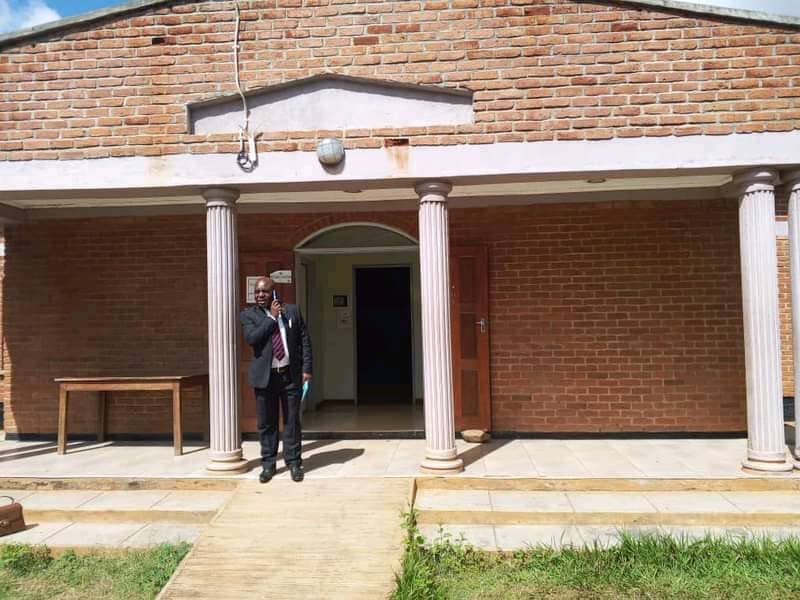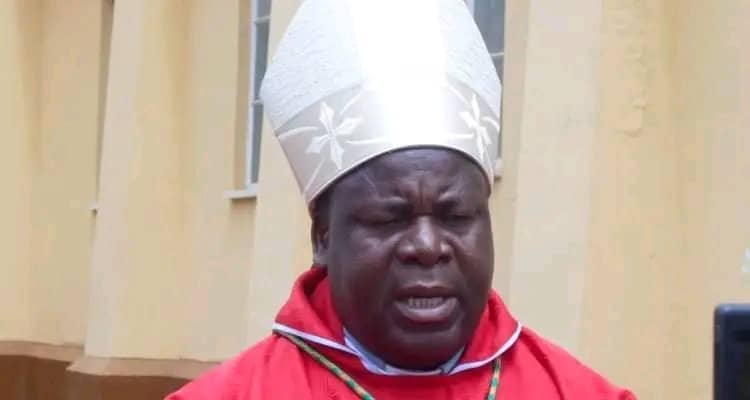By Burnett Munthali
The Lilongwe Resident Magistrate Court has adjourned to a later date the hearing of the case involving social media influencer Julius Mithi.
Mithi is currently answering charges of fabricating false news through a social media post.
In the said post, he alleged that some individuals had been deleted from the voters’ register.
The state informed the court that it could not proceed with the hearing as scheduled because its first witness, who was due to testify, is currently attending his mother’s funeral in Dedza.
As a result, the court had no choice but to defer the case to a future date that will be communicated.
However, Mithi’s lawyer, Khwima Mchizi, expressed concern over the state’s reasons for the adjournment.
He told the court that his client had incurred significant costs related to travel and accommodation.
Mchizi highlighted that Mithi resides in Mzuzu and had made arrangements specifically to attend the hearing.
He therefore pleaded with the court not to take the state’s request lightly, stressing the financial strain such delays cause to his client.
Despite the adjournment, the defense raised another issue regarding the continued withholding of Mithi’s phone by the state.
Lawyer Mchizi argued that the state had already accessed and retrieved the data it needed from the device.
He said that keeping the phone further serves no investigative purpose and requested its immediate release.
In response, the state opposed the request, insisting that releasing the phone could potentially interfere with the evidence.
They maintained that the device remains a crucial piece in their ongoing examination of the case.
The court is now expected to make a ruling on whether or not Mithi’s phone will be returned before the next hearing.
The case continues to draw public attention due to its implications on freedom of expression, social media usage, and the management of electoral information in Malawi.
As the legal proceedings unfold, questions also persist around the readiness of the state and the balance between protecting public order and upholding individual rights in the digital age.




